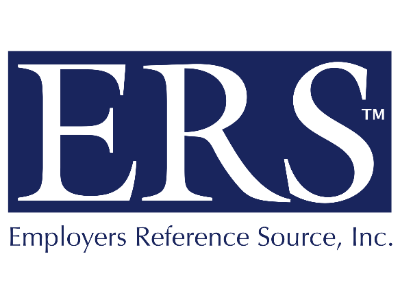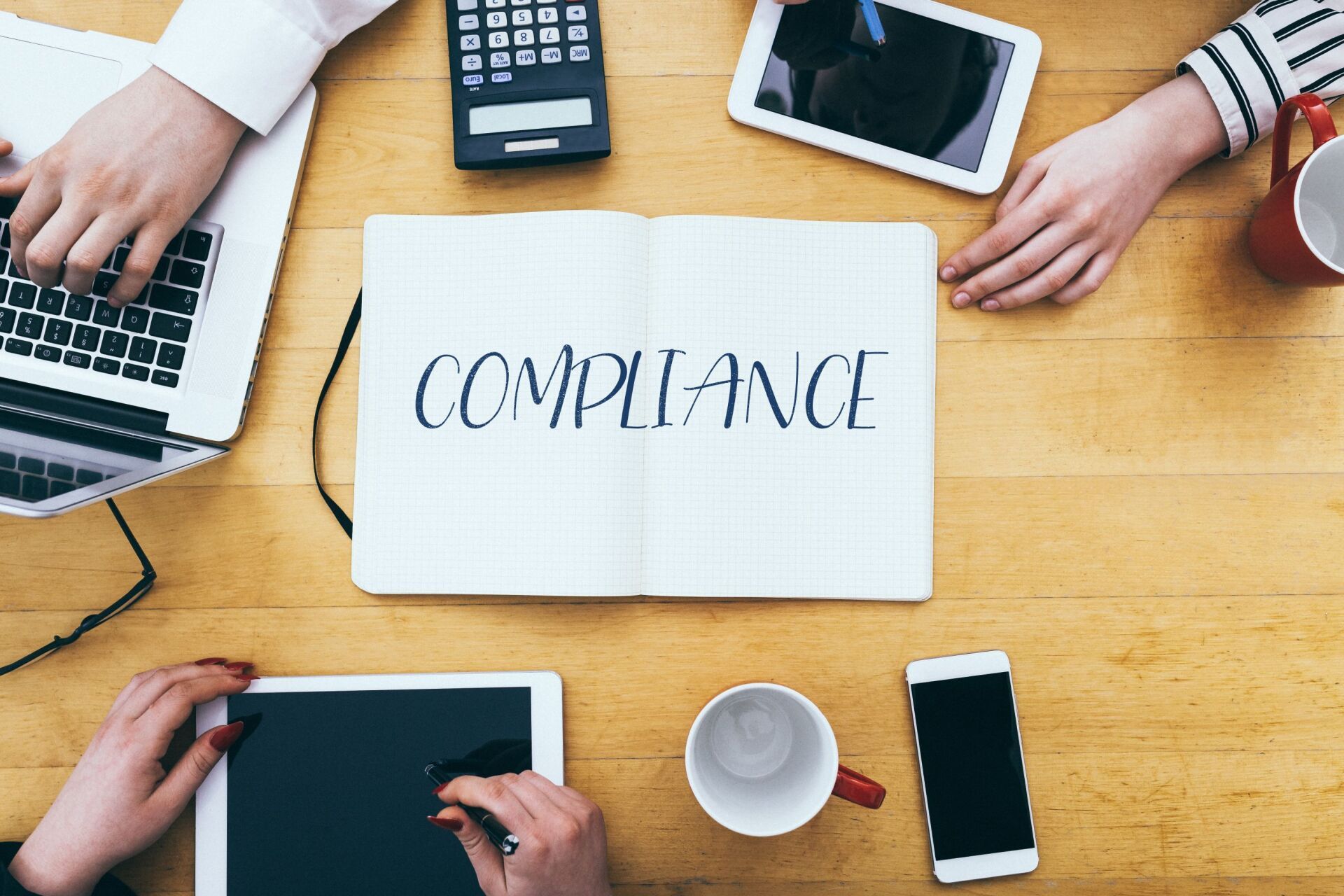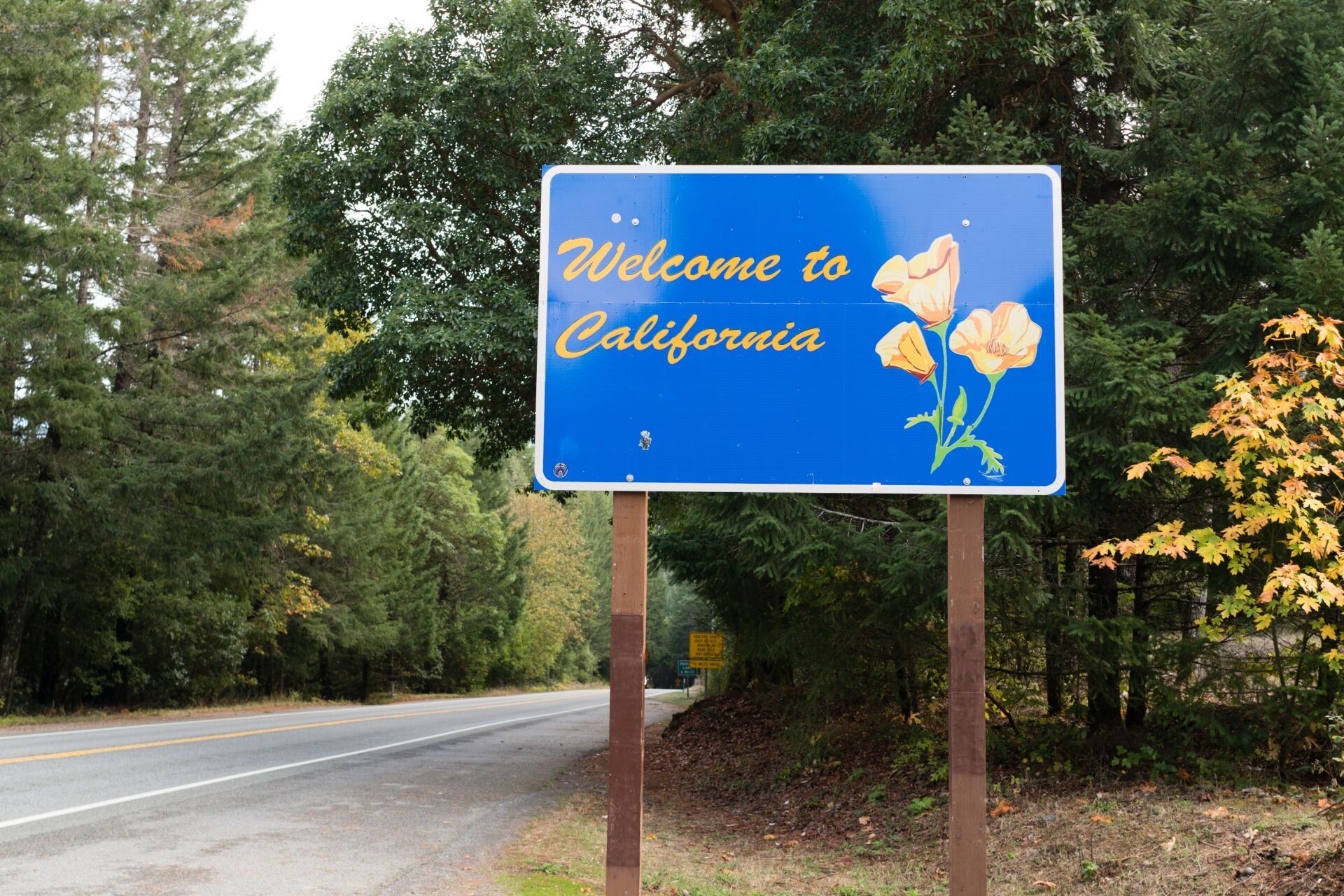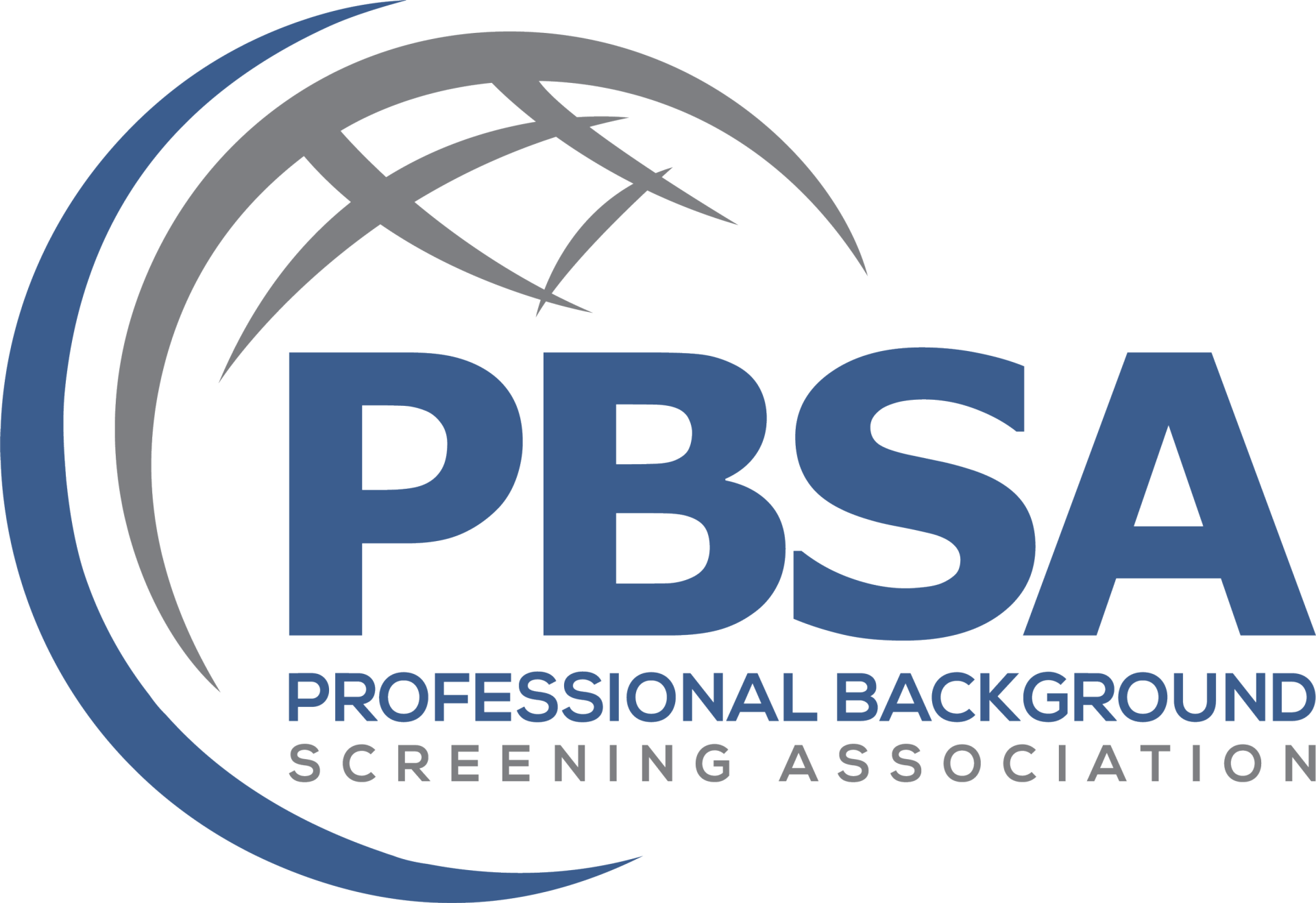Top 6 Things to Learn From Social Media Screenings
Hiring managers face increasing challenges in evaluating potential hires, especially as remote interviews and rapid turnover make it harder to thoroughly evaluate candidates. Complementing more traditional background checking options, social media screenings offer a less formal but equally valuable insight into both current and future employees.
Top 6 Things to Learn From Social Media Screenings
Professional social media screenings can provide employers with additional details about job candidates and current employees, enabling early warnings of problematic behaviors or other concerns. These screenings can reveal important information for employers in any industry, though healthcare, transportation, and other industries where positions involve high levels of trust, stress, or contact with vulnerable populations may find social media reviews most helpful.
1. Red Flag: Illegal Activities
Screening social media postings may alert employers to such undesirable activities as illicit drug use or criminal behavior that a criminal background check may not be able to identify.
2. Red Flag: Violent Behavior
Antisocial, violent, or overly aggressive behavior may indicate an increased risk for workplace violence. Early awareness may be helpful in deterring problems and getting employees the help they may need.
3. Red Flag: Hate Speech & Intolerant Views
Sexism, derogatory speech, racism, hate speech, and other illustrations of intolerance are common red flags on social media accounts and can warn employers of potential problems.
4. Red Flag: Sexually Explicit Content
Job candidates or employees who post or engage with explicit content on social media may indicate individuals requiring additional review, particularly for positions involving unsupervised contact with children, the ill, elderly, disabled, or other populations at greater risk of abuse.
5. Red Flag: Unprofessional or Inappropriate Workplace Behavior
Current or potential employees who post about improper behavior at work, such as pocketing supplies, inappropriate use of work equipment, or other undesirable actions should raise red flags for employers. Individuals who frequently make disparaging or inappropriate comments about colleagues and supervisors also merit a further look.
6. How to Screen Candidates' Social Media Accounts Responsibly
Because casual social media reviews can misidentify individuals and expose protected information (such as age, disability status, religious orientation, etc.), social media screenings must be done following relevant privacy guidelines to help ensure workers are treated fairly and employer liability is reduced.
Professional Social Media Screenings with Employers Reference Source, Inc.
At Employers Reference Source, Inc., our professional social media screenings and other background check solutions are designed to inform hiring and employment decisions while ensuring results comply with applicable laws and regulations. Contact us for expert background check services, generally with a 48-hour or shorter turnaround.










